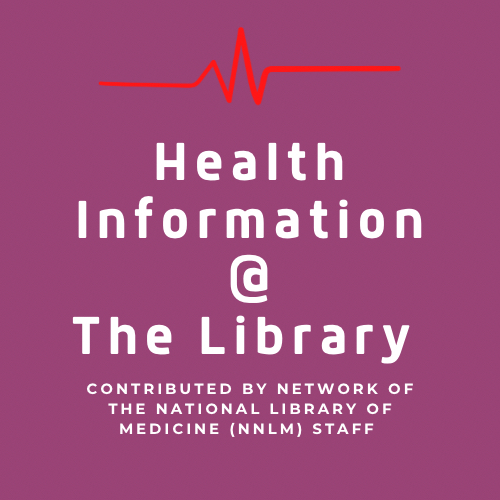Knowing the Health Consumer

The Medical Library Association’s Consumer Health Information Specialization(CHIS) second core competency is “Know the Health Consumer.” It is important for us to define consumer health and health literacy and make clear the role of the library in helping the health consumer.
Defining Consumer Health
Health is an integral part of what makes life meaningful for many people. The rise of the internet and the wellness industry has empowered people to make decisions about their health. People are consumers of health information in ways that were not possible 50 years ago. Health information written for the consumer or the members of the general public who are not health professionals, is referred to as “consumer health information.” Although you probably will not hear the general public refer to consumer health or consumer health information. “Consumer health” is an industry term referring to a wide variety of things related to the health of the consumer or the user of health services. This includes services, issues, and the industry itself.
Health Literacy
Understanding the health information that surrounds us every day through tv, radio, social media, advertisements, not to mention the health information we search for requires a variety of literacies and skills. “Health literacy is the degree to which individuals have the capacity to obtain, process, and understand basic health information and services needed to make appropriate health decisions.” People are using the aforementioned mediums to access health information.
The definition of health literacy was updated in August 2020 with the release of the U.S. government’s Healthy People 2030 initiative.
- Personal health literacy is the degree to which individuals have the ability to find, understand, and use information and services to inform health-related decisions and actions for themselves and others.
- Organizational health literacy is the degree to which organizations equitably enable individuals to find, understand, and use information and services to inform health-related decisions and actions for themselves and others.
People with limited health literacy often struggle to or are less likely to:
- Access health care services
- Analyze relative risks and benefits
- Adopt healthy behaviors
- Calculate dosages
- Communicate with healthcare providers
- Evaluate information for credibility and quality
- Interpret test results
- Locate health information
- Use preventative services
- Comprehend nutrition labels
- Act on public health alerts
- Use preventative services
- Get regular health screenings and tests
- Adopt healthy behaviors
- Manage chronic diseases
- Understand prescription labels or instructions
This can lead to poorer health, a lower quality of life, and more expensive health costs, including more emergency room visits and hospital admissions.
The Role of the Library and Library Staff
Libraries are one of the first places people turn to for consumer health information, whether to use library computers, internet access, or librarians in their search for health information. Every public library provides health information at some level. Reference stacks contain medical dictionaries, encyclopedias, drug reference books, and perhaps more detailed health reference materials. The circulating collection includes a variety of materials ranging from popular bestsellers to well-researched, authoritative titles. Some libraries have a consumer health collection or section that includes only well-researched, authoritative titles and resources; this allows them to distinguish reliable, evidence-based titles from those popular “health” titles in the regular circulating non-fiction.
Health issues can be significant in a person’s life; it is essential for staff to:
- Provide the highest quality information available
- Guide users in evaluating health information from print, media, and web resources
- Know and evaluate resources in the collection (and help users evaluate what they find)
- Stay current with health resources and what is available at the library.
It is important to know the health consumer because we need to know how they are finding health information which will inform how we build our online and physical collections that support their information seeking behavior. Health literacy is important because it enables individuals to find, understand, and use health information and services to make appropriate health decisions. The library plays a vital role in supporting the communities that we are part of. The library should not be considered the final stop. Library staff should keep in mind that providing the information is one step in the patient’s path to understanding, making decisions, and taking action about their health. Users should always be encouraged to ask questions and discuss the information with their doctor or health care provider as the next step.
If you want to know more ways that you can understand the health consumer then please consider taking our CHIS classes. Hopefully, this blog post helped unpack the core competency “Know the Health Consumer.” This column highlighted some of the content covered in module two of our NNLM course CHIS on Demand, which is asynchronous, so you can take five independent one-hour learning modules that cover the basics of providing consumer health information in libraries and organizations. Also, you can earn up to 5 hours of continuing education credit towards the CHIS. This course will discuss all five core competencies you need to achieve CHIS Level 1.
Tags: consumerhealthatthelibrary, consumerhealthinformationservices, libraryhealthinformationservices










